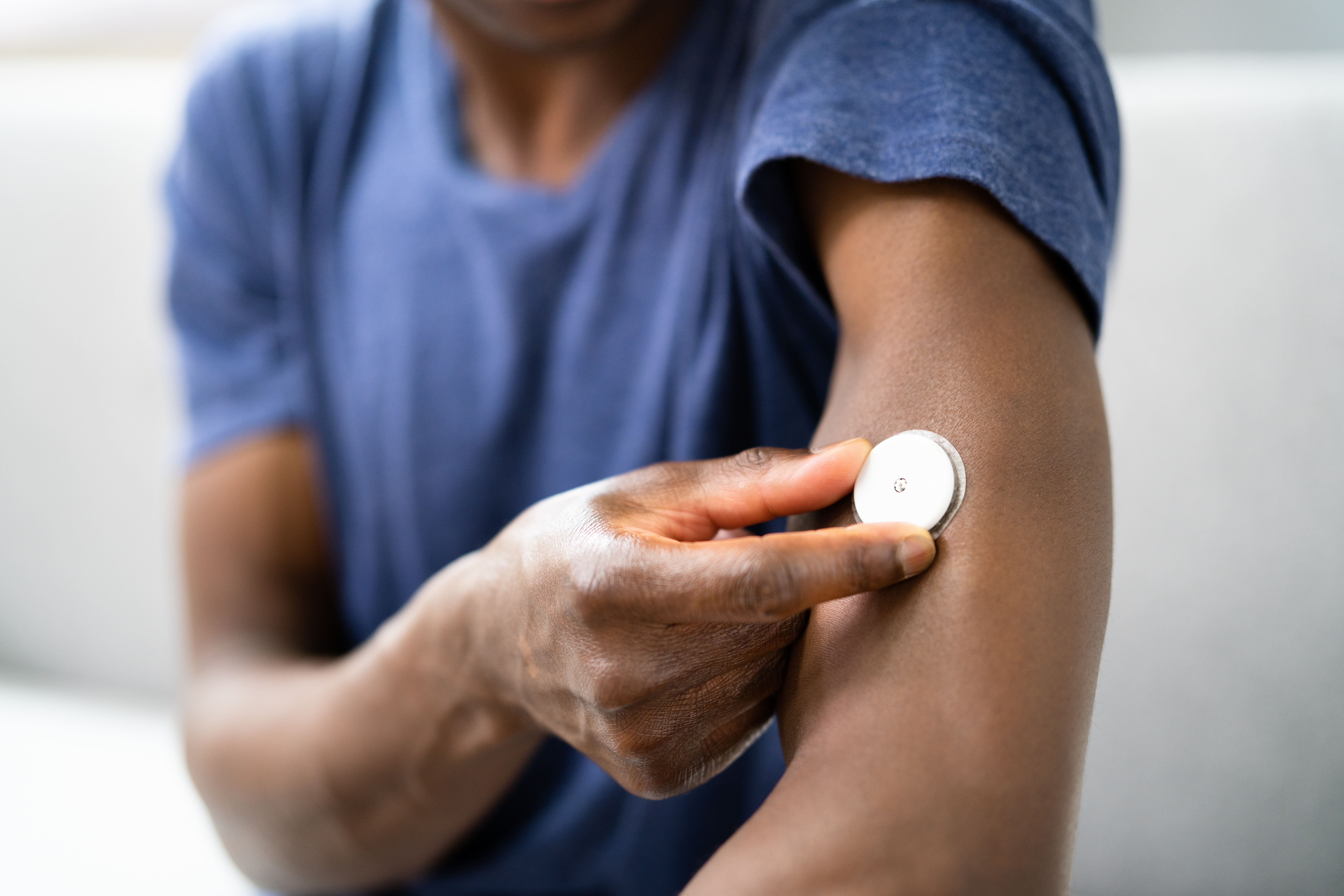If you or a loved one is at risk for type 2 diabetes, or has been diagnosed with this disease, find out what you can do to take charge of your health.
Type 2 diabetes occurs when your body can’t properly regulate blood sugar levels. It happens when your body doesn’t produce enough of a hormone called insulin—or doesn’t use insulin as it should.
In the past, doctors thought only adults were at risk of developing type 2 diabetes. However, an increasing number of children in the United States are now being diagnosed with the disease. Doctors think this increase is mostly because more children are overweight or have obesity and are less physically active.
Prediabetes
Prediabetes means your blood sugar levels are higher than normal but not high enough to be diagnosed with type 2 diabetes. It doesn’t guarantee you will develop type 2 diabetes, but prediabetes is a warning sign.
Being diagnosed with prediabetes is an opportunity to talk with your physician about changes you can make to help reverse prediabetes and, in some cases, prevent diabetes in the future. Talk with your doctor about the best plan for your health.
Type 1 Diabetes
Type 1 diabetes is a disease that occurs when your body doesn’t make or use the hormone insulin properly. It causes too much blood glucose (sugar) to build up in the blood.

Diabetes and Nutrition
What you eat is closely connected to the amount of sugar in your blood. The right food choices will help you control your blood sugar level and manage your diabetes.
Diabetes and Exercise
Exercise can make a real difference for people who have diabetes. Exercise can help control your weight and lower your blood sugar level.
Living With Diabetes: How a CGM Can Help
Using a continuous glucose monitoring system (CGM) can help some patients who have diabetes keep their blood glucose level from getting too high or too low.
Medical Treatment Articles
The single most important thing you can do is control your blood sugar level. You can do this by eating right, exercising, maintaining a healthy weight, and, if needed, taking oral medicines or insulin.
If you have diabetes, it’s important to monitor your blood sugar at different times of the day and throughout the year. There are 3 tools that can help you do this: A blood test done every three months, blood tests taken every day and a system that constantly monitors your blood glucose.
Oral diabetes medicines are medicines that you take by mouth to help control your blood sugar level. They are designed to help people whose bodies still produce some insulin, but not enough insulin. Many categories of diabetes medicine are available in pill form.
All people who have type 1 diabetes and some people who have type 2 diabetes need to take insulin to help control their blood sugar levels. Insulin can’t be taken by mouth. It is usually taken by injection (a shot). It can also be taken using an insulin pen or an insulin pump.
Additional Diabetes Resources
How can I help my relative who has diabetes?
The more you know about diabetes, the more you can help and support a loved one who is affected by the disease.
Related Conditions:
- Diabetes and Heart Disease
- Diabetic neuropathy
- Diabetic retinopathy
- Diabetic nephropathy
- High blood pressure
- High cholesterol
- National Institute of Diabetes and Digestive and Kidney Diseases: Diabetes
- National Institutes of Health, MedlinePlus: Diabetes
- Endocrine Society and Hormone Health Network Publication: Continuous Glucose Monitoring
- National Institutes of Health, MedlinePlus: Monitoring Blood Glucose
- National Institutes of Health, National Institute of Diabetes and Digestive and Kidney Diseases: Managing Diabetes
ADVERTISEMENT
ADVERTISEMENT




